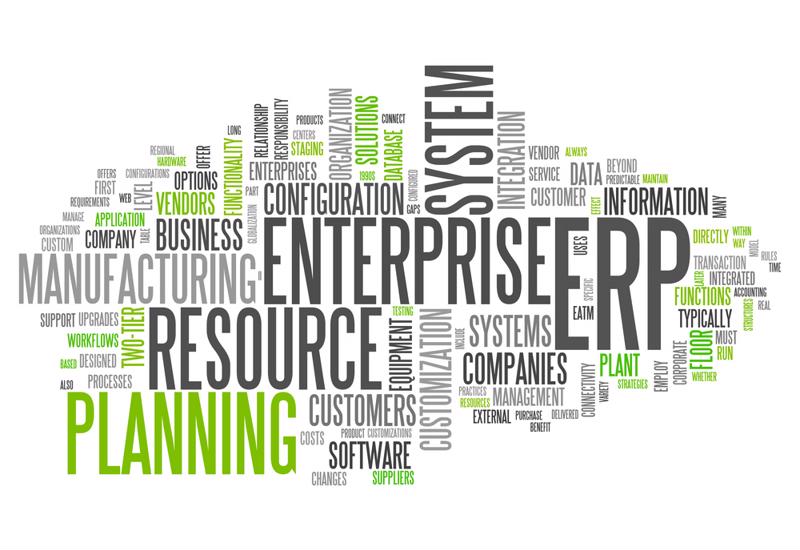To help you through the ERP implementation process, we've collected three of the best tips to help you avoid potential pitfalls.
3 Success Tips for ERP Implementation
1. You have to know your data well
One of the most important things you can do before your implementation is make sure you have a consistent, single source version of the truth through data. Without such consistency feeding your system, your ERP will not work nearly as well as you want it to, and cause major issues with both your suppliers and your internal systems. In projects as big as ERP implementation, it's recommended to perform a thorough review of your data and sources, as well as carry out a full data cleanse to ensure optimal effectiveness.

2. Negotiate a longer period of more intensive support
ERPs are tricky, whether you're bringing in a new one or transforming your current solution, issues are bound to come up months after implementation. To help combat this, ensuring you have a greater window of intensive support is critical to ensuring your organization adopts the platform correctly. According to a study done on a major Canadian oil and gas company, three months is a great amount of time to make sure you can get the support you need for real problems that could affect your business.
3. Communication is king
This is a success factor in almost any area of a business. You need to communicate to your employees at every level what the change is going to be, and how it will benefit them. The ways you can communicate with them are varied, but it is essential you get buy-in from your workers. There are a few ways you can accomplish this, one of them being to get demos that show the benefits of the project started very early in your implementation process. It's important that employees are fully aware of the potential benefits to them early on to help smooth out the complicated change-management processes that accompanies such a large project. With proper communication between all levels of your company, many of the pitfalls that have the potential to crush your ERP ROI can be avoided before complications arise.



Post A Comment:
0 comments so far,add yours